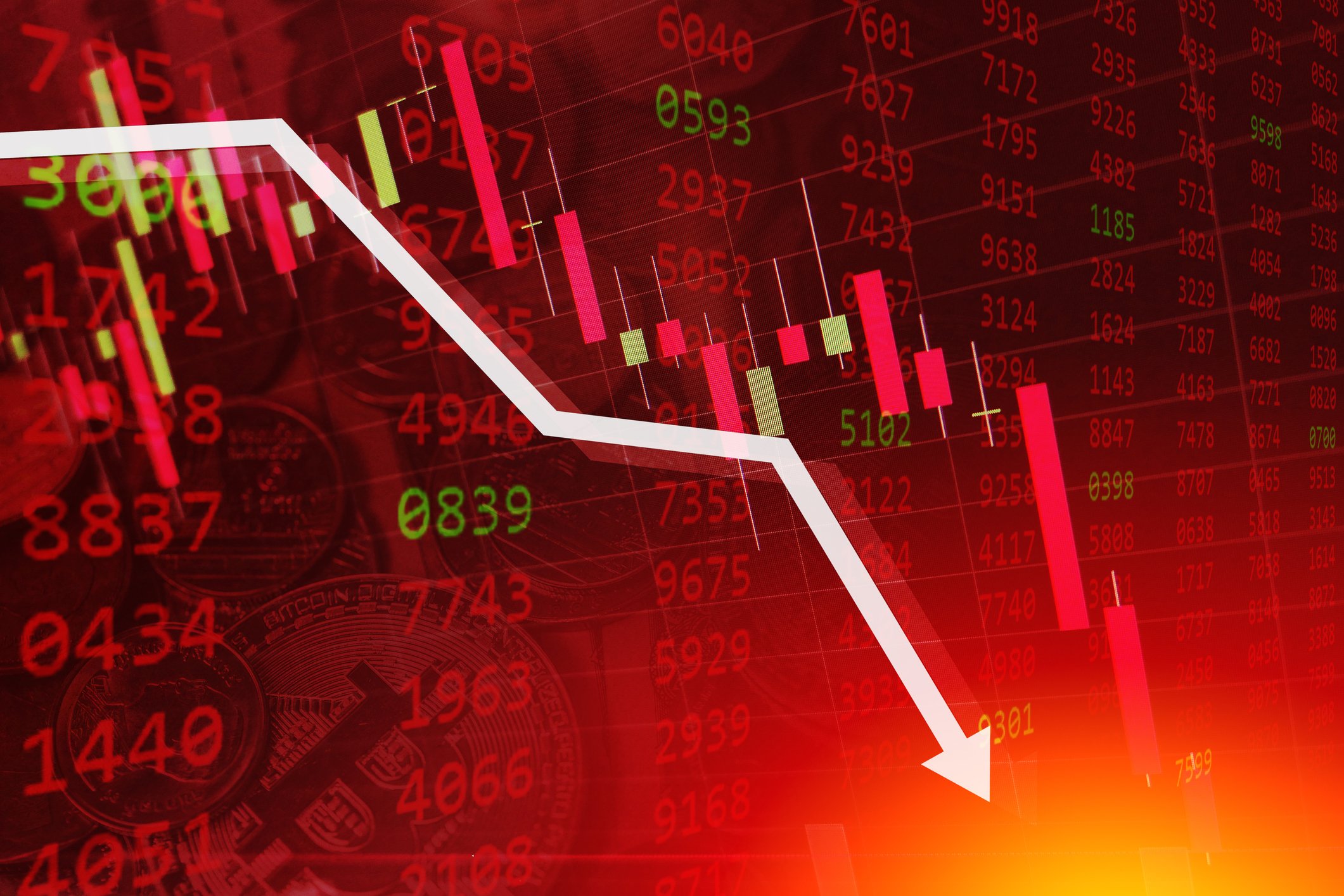Just what is "Tennessee whiskey," anyway? If you're distilling giant Brown-Forman (NYSE: BF-B), it's the filtering of straight bourbon whiskey using the so-called Lincoln County Process, or running it through charcoal before storing in new, charred-oak barrels, which mellows the otherwise harsh taste of unaged whiskey. They like to call it Jack Daniel's for short.

Source: Jack Daniel's.
To bitter rival Diageo (DEO 1.87%) and most other distillers, however, that definition is simply marketing, one that was codified in law last year, and now they're seeking to have relaxed. Brown-Forman got the state of Tennessee to enact the special-interest legislation that threatened to suspend its rivals' liquor licenses for a year if they violated it.
Before the law's adoption, there was nothing per se that defined what Tennessee whiskey was. Although the North American Free Trade Agreement said it was "a straight Bourbon Whiskey authorized to be produced only in the State of Tennessee," the federal Alcohol and Tobacco Tax and Trade Bureau never officially signed off on a strict definition. But the Tennessee law was part of a growing trend around the world to trademark and protect parochial interests.
Just as champagne can only be called that if a sparkling wine is produced with grapes from the Champagne region of France, and Scotch and Canadian whiskies are produced in accordance with rules set down in their respective countries, Tennessee legislators sought to give some distinction to their local favorite by adopting their own "standard of identity" for the spirit, which accounts for 90% of all whiskey sold in the state. After all, bourbon is generally only allowed to be called that if it's made in the United States, and most of it comes from Kentucky, where Beam (BEAM +0.00%) distills its Maker's Mark and Jim Beam brands.
Brown-Forman's flagship brand witnessed a 10% spike in demand across all its flavor iterations, particularly its new Tennessee Honey flavor that saw underlying net sales surge over 30% in the first nine months of fiscal 2014.
But Tennessee legislators seem to recognize they went a bit to far and have by voice vote called for the law's repeal, postponing till next week taking an actual vote. And that has Brown-Forman mounting a big PR push, lashing out at "foreign countries" trying to undermine a distinctly American institution.

Source: Jack Daniel's.
Except it isn't. Until the law's passage, distillers could experiment with flavors and are facing a shortage of new oak barrels. Reusing them would not debase the quality, regardless of Brown-Forman's contention. And Diageo already has "legal" Tennessee whiskey in George Dickel that's almost as hoary with age as its rival's distillate. Instead, it sees the law as stifling innovation, making everything taste like Jack Daniel's, which admittedly would be boring.
The Distilled Spirits Council says whiskey and bourbon sales broke the $1 billion sales mark last year for the first time, a recognition of the growing popularity of the "browns" category as new flavors allowed new drinkers, particularly women, into the market. It's the same forces driving hard cider sales among brewers, with analysts at Rabobank finding that women comprise about 55% of the hard cider and teas niche.
There may be a whiskey rebellion brewing, as The Wall Street Journal contends, but it may be appropriate to liken the battle to overturn the "Jack Daniel's recipe bill," as its been called, to the end of Prohibition. Brown-Forman may like having a monopoly on how whiskey is produced, but its brand is strong enough to stand on its own that it doesn't need to hide behind a government-imposed definition.







